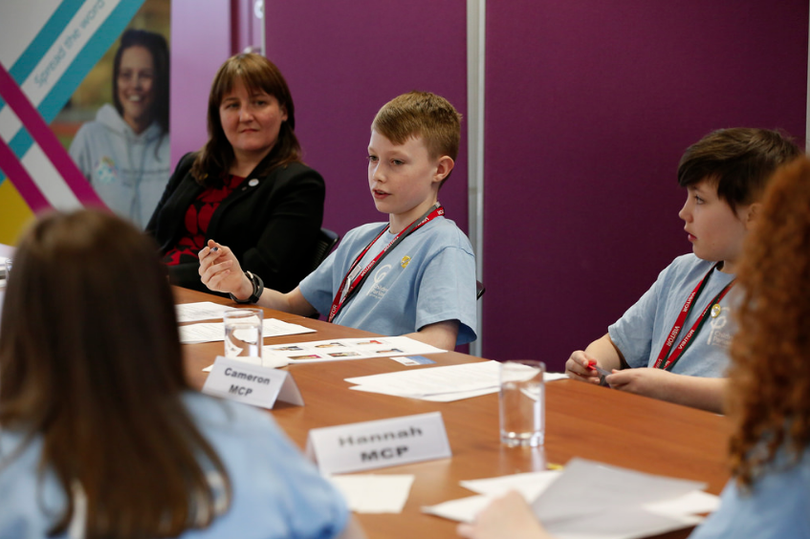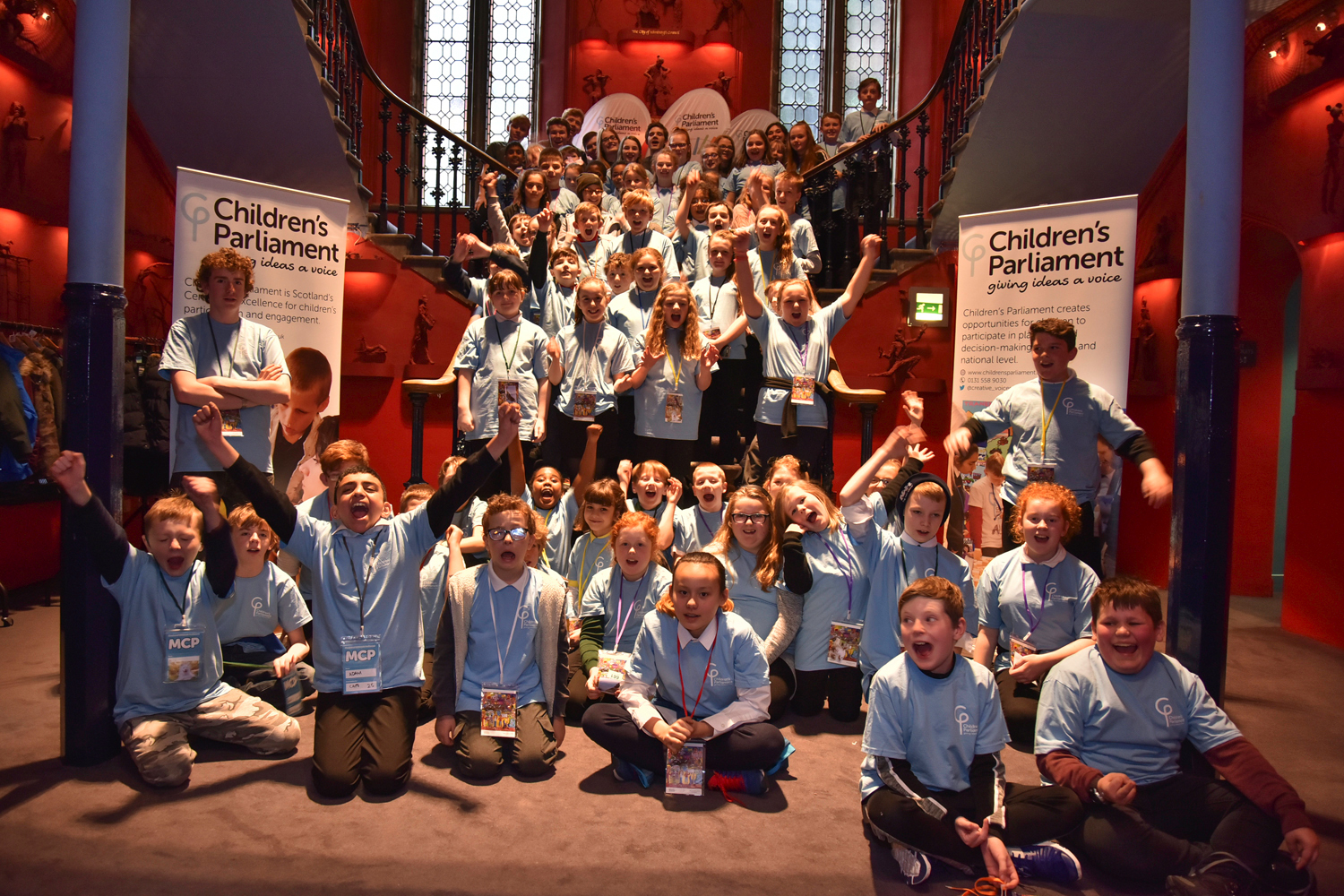 So, how DO we choose who joins in with Children’s Parliament’s projects and programmes?
So, how DO we choose who joins in with Children’s Parliament’s projects and programmes?
This is a question we often get. Some people ask because they are interested in the process of children arriving at CP. Others base their question around their feeling that the children have been specially chosen because they’re well-behaved or able to speak up confidently and so, of course, they are able to participate well.
The majority of the children we work with in our programmes, projects and consultations are referred by teachers, social workers or youth workers. The referrals are based on the levels of need that children have. Many are referred because they are demonstrating distressed behaviour at home, at school and/or in the community. Others are very withdrawn or shy and lack confidence to speak out. Others have difficult family circumstances or have care experience, which present them with significant challenges that can be hard to manage. Some have additional support needs, including ADHD and Autism.
The question of how children are chosen is often based around some adults’ underestimation of children’s abilities, alongside unfamiliarity with our human rights approach and how effective it can be in helping children move towards better outcomes.
Through a human rights approach, children learn that experiencing kindness, trust, empathy and dignity isn’t dependent on you being lucky enough to find yourself around nice adults. They learn that children have a right to be treated with respect. Children have rights to be healthy, happy, safe and loved. They have a right to have their views taken seriously.
Children develop confidence in the team through a growing realisation that ‘Oh….so this is it – this is how we get treated at Children’s Parliament’. It’s wonderful to see the penny drop when children realise they are valued and respected. That we’re all on this journey together and when we try hard, we find support, and when we make mistakes, we support each other, too.

The children may have been chosen because of identified ‘issues’ but they have been through a process to help them develop confidence, agency and aspiration and so in their meeting with you, adult decision makers, you become part of their journey.
Beyond an initiative, which relies on individual interest, commitment and leadership, a human rights approach embeds an expectation that everyone in a setting will be treated and will treat everyone else with kindness, trust, empathy and respect for human dignity. Always.
If we can set aside our assumptions and expectations, we can all play an important part in a child’s journey. Every interaction is an opportunity to be a positive influence on a child’s life. Every smile of encouragement, nod of understanding and shared joke is a step forwards – and something every single child needs us to do.
Children are chosen because we know that with support they will have better outcomes. What you see is the result of a lot of hard work on the part of the children and those who work with them. Please continue to be part of the journey of our MCPs as well as other children in your life by being an Unfeartie (more about #Unfearties here) every day and speak up for and stand alongside every child.
Cathy McCulloch
Co-director, Children’s Parliament